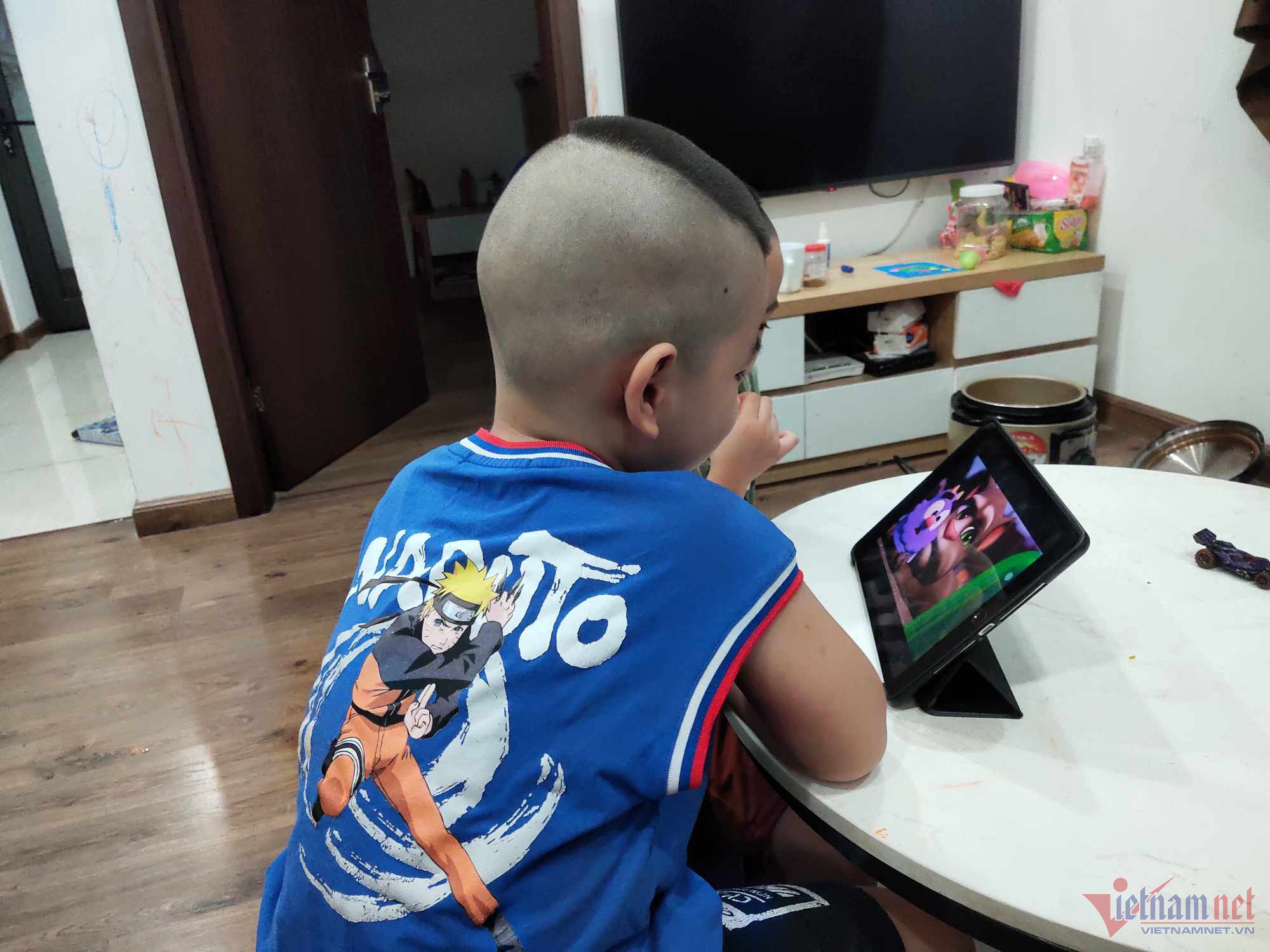
Nguyen Thu Ha from Bac Tu Liem district in Hanoi has the habit of posting amusing photographs of her son (in class, at lunch, in parks) on Facebook, so that relatives and grandparents in their hometown can see the little boy and how he is growing up.
“Previously, I posted a lot of pictures every day, but my husband asked to remove all the images and the information about my son, including information about school, address and the places our family members often go to on weekends,” she told VietNamNet.
“But I don’t want to do this. I post the images on social networks simply because this is the way to keep memories and mark important milestones of my family. This is also a method to shorten the long distance between us in the city and my parents in our hometown,” she said.
However, after many arguments, Ha had to "lock" the posts and keep the images open only to relatives.
“My husband said when posting my son’s images on social network arbitrarily, I am violating the child’s privacy. In addition, the behavior may accidentally put my child in danger of being kidnapped, and becoming a victim of sex abuse,” she explained.
Parents today like to post images and stories of their children. There are even groups of parents where members race to post pictures to show off their children’s beauty, achievements at school, and talents.
Le Thi Loan, MA, from the Education Management Academy, said in order to protect children in cyberspace, parents have to seriously consider doing so before posting images and videos, and think about how the images could affect their children’s lives.
Vietnam has an excellent legal framework on children’s rights and children protection in cyberspace, but it may be unknown to many parents, who unintentionally expose their children’s information. Scammers may exploit the information to approach children to intimidate, control, or commit fraud.
Loan cited a series of scam cases that occurred recently. Many parents received calls from strangers saying that the children had been hospitalized because of accidents, and they were told to remit an amount of money to a certain account to pay for medical examinations and surgeries.
The Article 32 of the Civil Code stipulates that individuals (including children) have the right to their images. The use of an individual's images must be approved by that person or his/her legal representative.
Van Anh